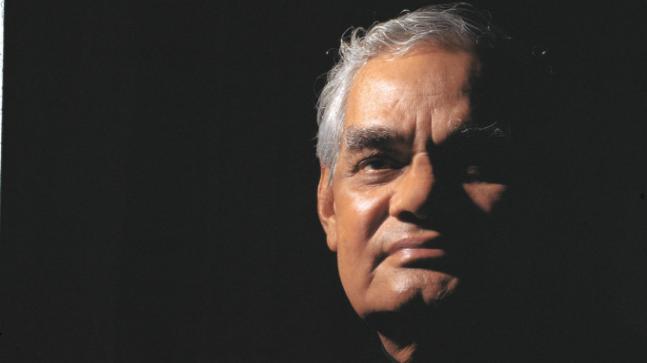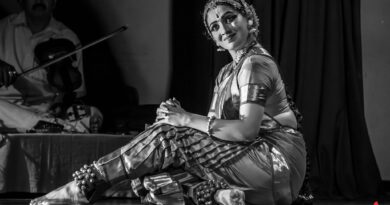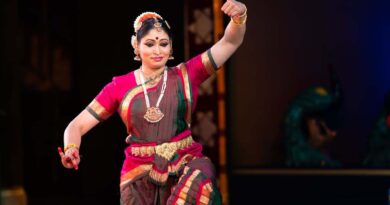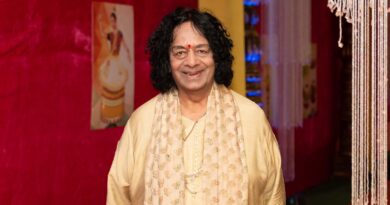Atal Bihari Vajpayee – Epitome of Indian Culture
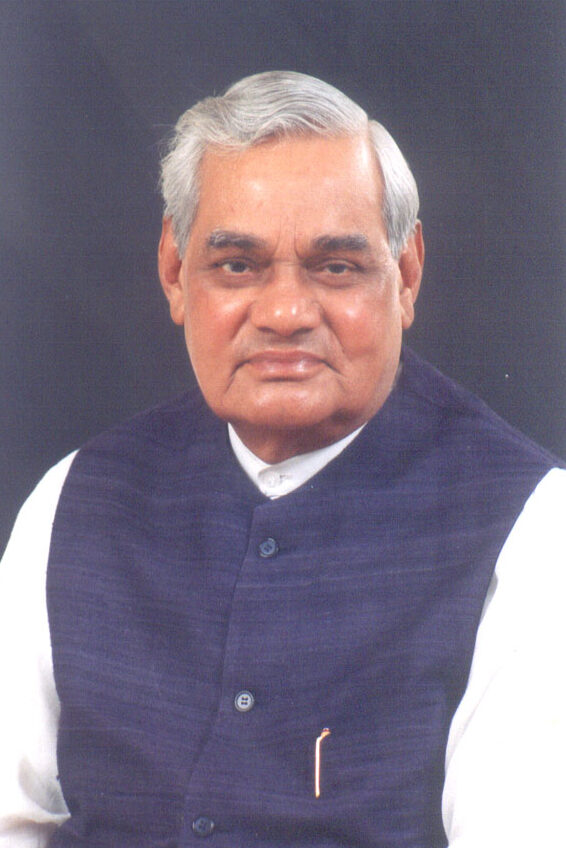
Text: Anup Attavar, an author, teacher and motivator
The United Nations General Assembly’s 32nd session in 1977 had forever been etched in history as an important event that uplifted the Hindi language on an international platform. It was the first time that an Indian leader had delivered the speech in Hindi at the UNGA. Atal Bihari Vajpayee was the leader who spoke in the prestigious body as the foreign minister under the Janata Party government headed by then prime minister Morarji Desai. He not only elevated Indian culture but also opened a door for others to follow. He was a great orator and a fierce poet who spoke and expressed his mind. He was a politician, but he was first a poet at heart.
“My poetry is a declaration of war, not an exordium to defeat. It is not the defeated soldier’s drumbeat of despair, but the fighting warrior’s will to win. It is not the dispirited voice of dejection but the stirring shout of victory.” – Atal Bihari Vajpayee
With the passing away of Bharat Ratna Atal Bihari Vajpayee – truly the end of an era – the country has lost one of its most illustrious sons. Vajpayee, a soft-spoken and suave person, was more of a statesman and less of a politician. Known more for his political achievements as Prime Minister – notably the Kargil war, nuclear tests and the Lahore summit – he embodied civility in public life even as he had the gumption to look the US in the eye.
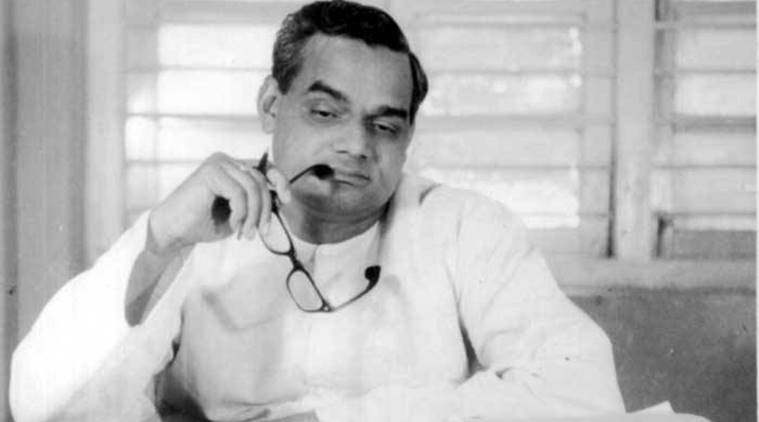
Vajpayee, indeed a multifaceted personality – was a distinguished leader, journalist, poet and a persuasive orator. A man of principle, he was a humanitarian and nationalist with values, passion and foresight.
Three-time Prime Minister of India, Atal Bihari Vajpayee was born in Gwalior on 25 December 1924. He did his early education from Saraswati Shishu Mandir graduating with distinction in English, Hindi and Sanskrit. It was probably his studying the Sanskrit language that Vajpayee’s thoughts, words and deeds were rooted in Indian ethos and culture and made him the gentleman that he remained throughout his life. It is this imbibing of Indian culture that made Vajpayee into an Ajatashatru (a person who does not have any enemies).
While Vajpayee is famous for his achievements as one of India’s tallest leaders, equally well known is his love for Indian art and culture. He was a poet of the highest standards and published several books full of poems, the prominent ones among them being Meri Ekyavan Kavitayen, Twenty-one Poems and Chuni Hui Kavitayen. Starting his career as a freedom fighter, he developed a reputation of being the most eloquent defender of his thoughts. Vajpayee’s eloquence and oratorical skills are only too well-known. His articulate excellence stood him in good stead when he became President of Jana Sangh in 1968. His oratorical skills so impressed the then Prime Minister, Jawaharlal Nehru, that Nehru predicted that the young Vajpayee would someday become the Prime Minister of India.
A judicious and balanced blend of Vajpayee’s sophisticated civilised elegance, his poetic trappings, his kind and friendly disposition and numerous illustrations of his superlative oratory together helped him earn the tremendous goodwill of the masses and he was held in high esteem by political leaders irrespective of their ideologies. One of the tallest statesmen in the global arena, Vajpayee with his articulation and literary command, represented India’s rich diversity. He had the exceptional distinction of being a Parliamentarian for 12 terms (10 terms in Lok Sabha and 2 terms in Rajya Sabha). Possessing an excellent sense of humour, he drew both applause and laughter from members of Parliament across the political spectrum, whenever he spoke.
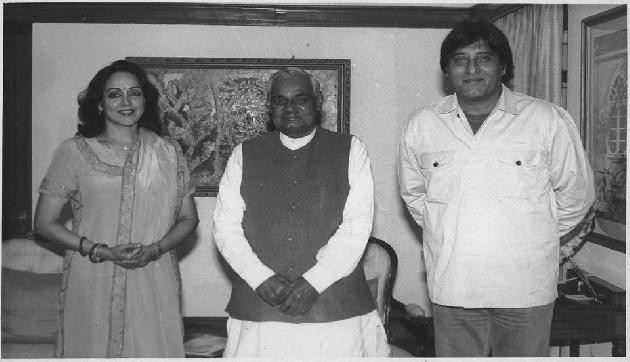
Vajpayee’s love for culture is well known. Indian music and dance were dear to his heart, as was his love for nature, and anything Indian. A celebrated poet, it was Vajpayee, who as the Foreign Minister of India, delivered his address at the United Nations in Hindi, the first by an Indian leader at this exalted international forum. That moment and the speech he delivered are indeed a matter of pride and honour for every Indian. With his inspiration, his thoughts, and exemplary conduct, he realised the value of Indian culture and established the Indian cultural values in public life.
Vajpayee had the flair for balancing poetry and politics with ease. He inherited the poetic trait from his father and was inspired by works of luminaries like Tulsidas’s Ramcharitmanas, Jaishankar Prasad’s Kamayani, Suryakant Tripathi Nirala’s Ram Ki Shakti Puja, and Mahadevi Verma’s Geet. While some of his poems relate to Hindu mythology and history, some touch upon nationalism and patriotism.
Several incidents and instances in Vajpayee’s life are reminiscent of the Indian culture, Indian values and Indian traditions having seeped into Vajpayee’s veins and blood. At a point of time when many in his party were prone to run down Nehru, Vajpayee paid a touching, emotional tribute to Nehru, after Nehru passed away in 1964. He spoke in glowing terms of Nehru’s dreams, aspirations and ambitions of India; and emphasised that the nation could pay a fitting tribute and homage to Nehru only by walking on the path Nehru had shown, and by establishing lasting peace. Such thoughts, such emotions can be expressed only by one who has ‘Indianness’ coursing through his veins.
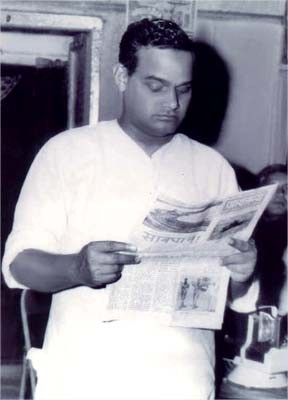
Being a litterateur and a distinguished poet, and a devoted connoisseur of art, he proved himself to be in a different league as a politician. It was perhaps the importance he gave to India’s cultural values which made him compassionate and truthful and more of a sage in India’s politics.
The Kashmir issue was addressed by Vajpayee in his own inimitable style. His approach to face the complex issue was coined as the Vajpayee Doctrine. Vajpayee maintained that the Kashmir issue could be resolved by following the three guidelines of Insaaniyat (humanism), Jamhooriyat (democracy) and Kashmiriyat (Kashmir’s bequest of friendship). He was of the firm conviction that the above guiding principles would lead to realizing harmony, progress and prosperity in Kashmir. The Vajpayee Doctrine reveals the significance he accorded to India’s cultural diversity.
Vajpayee well and truly recognized that India is a country whose traditions are timeless, whose cultures are borderless, and whose values are ageless. He made fervent appeals to Indians and Pakistanis to leave the murky past behind and embrace a future of cooperation and amity. It was this ‘Indianness’ that helped Vajpayee conquer the hearts of people across the border too.
A few of Vajpayee’s quotes reveals the importance he accorded to India’s ethos and heritage and the emphasis he laid on the preservation of its culture.
➢ My poetic heart gives me the strength to face political problems, particularly those which have a strong bearing on my conscience.
➢ Poverty affects many dimensions. It goes beyond money incomes to health care, education, political inclusiveness and furthering one’s own culture. – Vajpayee at 58th United Nations General Assembly.
➢ Our National life is full of diversities. We have here a variety of languages, of faiths, of communities, of modes of living, and schools and styles of literature and art. This diversity reflects the abundance of our national life, and needs to be preserved and promoted – Vajpayee in 1968 at Indore.
➢ Ours is a multi-religious country, a multilingual country; we have many different modes of worship. We believe in a peaceful and harmonious coexistence.
➢ We are unnecessarily wasting our precious resources in wars… if we must wage war; we have to do it on unemployment, disease, poverty and backwardness.
➢ I have a vision of India: an India free of hunger and fear, an India free of illiteracy and want. I dream of an India that is prosperous, strong and caring. An India that regains a place of honour in the comity of great nations.
In 2009, Vajpayee was afflicted by a stroke which affected his speech. His health steadily deteriorated and he was constrained to be on a wheelchair. He suffered from dementia. He stopped attending public functions. He would seldom go out of the house, except to All India Institute of Medical Sciences (AIIMS) for check-ups. Vajpayee was admitted to AIIMS in a serious condition on 11th June 2018. He passed away on 16th August 2018 at 5:05 pm IST.
In his touching tribute, the Vice President Shri Venkaiah Naidu wrote, “Vajpayee was both ‘Atal’ (unmoved) as far as his core values were concerned, and ‘Bihari’ (a wanderer or dreamer) all through his life. He stayed rooted to his core beliefs even as he dreamt of a new India….. Atalji added ‘Jai Vigyan’ to Lal Bahadur Shastri’s slogan of ‘Jai Jawan, Jai Kisan’, underscoring the sense of importance he accorded to knowledge in the contemporary times.
Bharat Ratna Shri Atal Bihari Vajpayee’s qualities of vyaktitva (personality), vaktrutva (oratory), karthrutva (devotion to duty), mithrutva (friendliness) all combined in nethrutva (leadership). They will be remembered for a long time to come. He was in the mould of a ‘philosopher-king’. A king who ruled the hearts of all Indians by his words and deeds; such statesmen and visionaries walk on this earth but once in a while. Let’s resolve to carry forward his legacy as a tribute to him”.
With the passing away of Atal Bihari Vajpayee, India has lost one of its most distinguished souls. In his demise, India has lost a worthy son admired and revered by millions. An ideal Indian personifying all that is truly Indian, Bharat Ratna Atal Bihari Vajpayee, India’s foremost statesman-poet-politician, venerated and respected by one and all, shall forever be in our hearts. His life serves as a beacon of light to millions of our countrymen to follow the path he has tread.
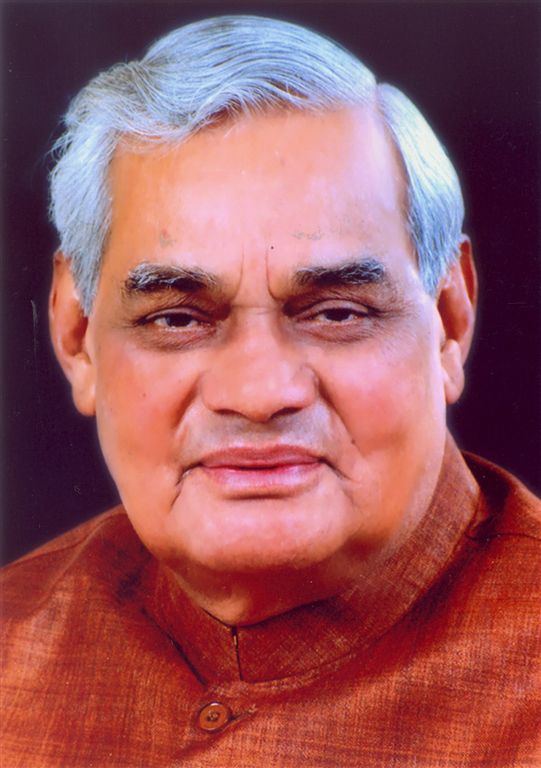
Literary Works of Atal Bihari Vajpayee
Prose
National Integration (1961)
New Dimensions of India’s Foreign Policy (1979)
Gathbandhan Ki Rajneeti
Kucha Lekha, Kucha Bhashana (1996)
Bindu-Bindu Vicara (1997)
Decisive Days (1999)
Sankalp-Kaal (1999)
Vicara-Bindu (Hindi Edition, 2000)
India’s Perspectives on ASEAN and the Asia-Pacific Region (2003)
Na Dainyam Na Palayanam
Nayi Chunauti: Naya Avasar
Poetry
Kaidi Kaviraj Ki Kundalian
Amar Aag Hai (1994)
Meri Ekyavan Kavitayen (1995). Some of these poems were set to music by Jagjit Singh for his album Samvedna.
Kya Khoya Kya Paya: Atal Bihari Vajapeyi, Vyaktitva Aur Kavitaem (1999)
Values, Vision & Verses of Vajpayee: India’s Man of Destiny (2001)
Twenty-One Poems (2003)
Chuni Hui Kavitayen (2012)
An English translation of a selection of some of Vajpayee’s Hindi poetry was published in 2013.
Awards
1992 Padma Vibhushan
1993 D. Lit. from Kanpur University
1994 Lokmanya Tilak Award
1994 Outstanding Parliamentarian Award
1994 Bharat Ratna Pandit Govind Ballabh Pant Award
2015 Bharat Ratna
2015 Bangladesh Liberation War honour (Bangladesh Muktijuddho Sanmanona)

